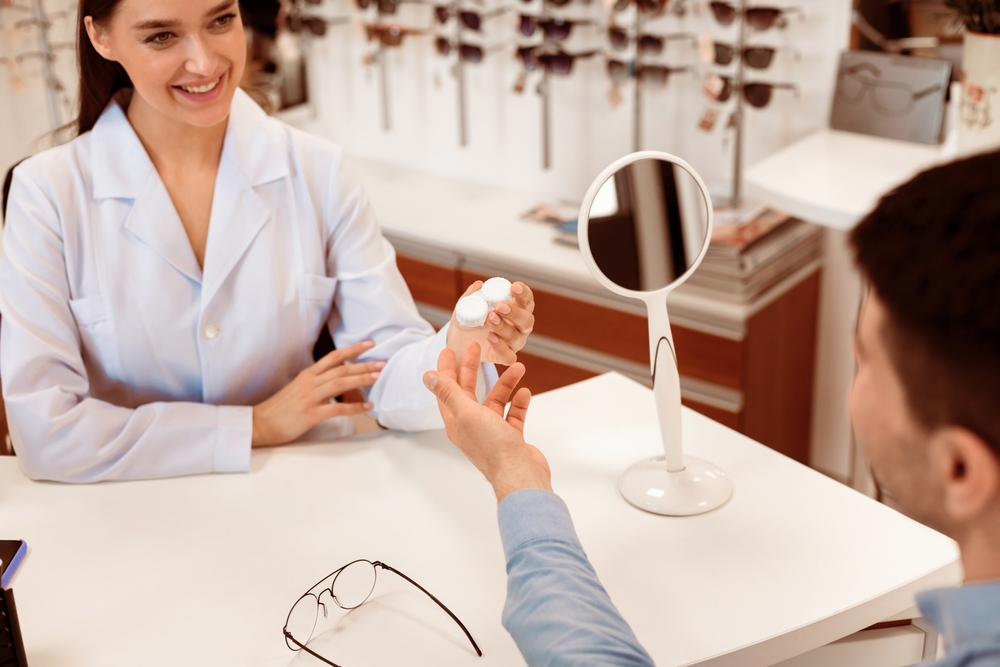Wellesley Hills Eye Care Blog
Learn more about optometry care in our blog!

You know that feeling when you are constantly aware of your clothes? Maybe a tag is scratching your neck, or a seam is rubbing wrong. That is exactly what poorly fitting contacts feel like.

In today’s world, we rely on screens more than ever - whether for work, school, or relaxation. While technology keeps us connected and productive, it also comes with a downside: digital eye fatigue (also called digital eye strain). If you’ve noticed tired, irritated, or blurry eyes after long hours on your devices, your digital lifestyle may be to blame.

You constantly rub your eyes, but the gritty, burning feeling doesn’t go away. Blurry vision comes and goes. Some days, wearing contact lenses feels like sliding sandpaper into your eyes. Dry eye syndrome affects millions. Yet, few talk about how frustrating it is to live with red, irritated eyes day after day. What if slight changes could make a big difference?

Comprehensive eye exams are essential for maintaining clear vision and overall eye health. At Wellesley Hills Eye Care, our thorough exams go beyond just checking your eyesight. We utilize various specialized tests designed to detect vision issues early, evaluate eye health, and prevent future problems. Understanding these tests can help you appreciate the value of regular eye care.

Your eyes work tirelessly every day, making it crucial to support them with proper nutrition. Many vitamins and minerals play a significant role in maintaining eye health, reducing the risk of age-related conditions, and enhancing vision clarity. At Wellesley Hills Eye Care, we emphasize the importance of a balanced diet as part of your overall eye care routine. Here are five essential vitamins and minerals for eye health that you should consider incorporating into your daily diet.

The increasing reliance on digital devices in our daily lives has made digital eye strain a common problem. Whether you're working on a computer all day, scrolling through social media on your phone, or binge-watching your favorite shows, the constant exposure to digital screens can take a toll on your eyes. Understanding the causes and symptoms of digital eye strain is the first step in protecting your vision and maintaining eye health.

Myopia is a refractive error that affects an individual's ability to see distant objects clearly. As the prevalence of myopia continues to rise globally, it has become a significant public health concern. According to recent studies, nearly half of the world's population is expected to be myopic by 2050, with a significant portion experiencing high myopia, which increases the risk of developing sight-threatening conditions.

Dry eye is a common eye condition that occurs when your tears are unable to adequately lubricate your eyes. It can result in discomfort, irritation, and even visual disturbances. Dry eye occurs when either your eyes do not produce enough tears, or the tears evaporate too quickly. This condition can be temporary or chronic, and it affects people of all ages.

Proper nutrition plays a vital role in maintaining good overall health, and the eyes are no exception. The eyes require a variety of nutrients to function optimally and stay healthy. Many eye conditions can be influenced by our diet.

Protecting your eyes in the workplace is not a matter to be taken lightly. Eye injuries can range from minor irritations, like dust particles entering the eye, to severe incidents that can cause permanent vision loss.








